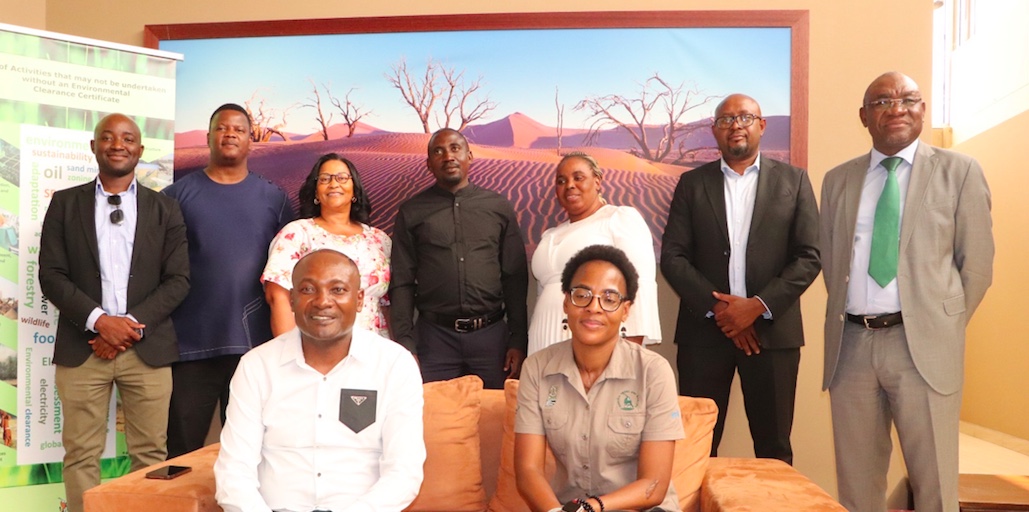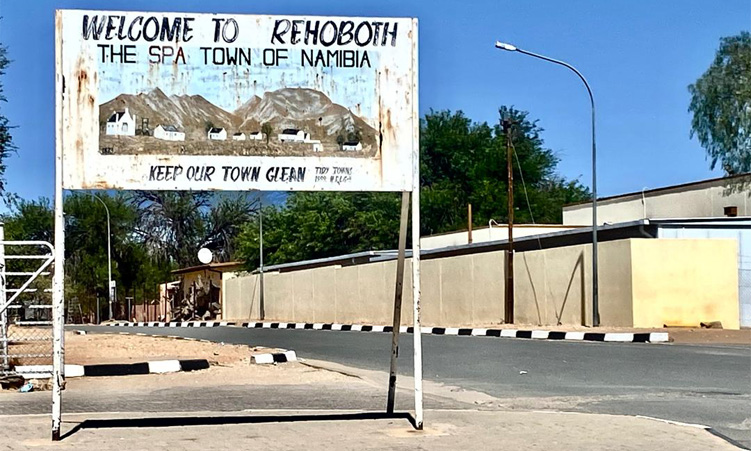The African Export-Import Bank (Afreximbank) is hoping to integrate Namibia into its Pan-African Payment and Settlement System (PAPSS) at its upcoming annual Trade Finance Seminar and Factoring Workshop in Windhoek next month.
The seminar and factoring workshop is set to take place from 5 to 8 November. PAPSS is an initiative of Afreximbank, African Union Commission and the African Continental Free Trade Area Secretariat.
PAPSS is a centralised financial market infrastructure that enables the efficient flow of money securely across African borders, minimising risk and contributing to financial integration across the regions.
PAPSS works in collaboration with Africa’s central banks to provide a payment and settlement service to commercial banks and licensed payment service providers across the region.
Afreximbank’s managing director for trade finance and correspondent banking, Gwen Mwaba, says by the time the seminar and workshop ends, the chief executive of PAPSS would have made sure the Bank of Namibia and commercial banks have signed up for PAPSS.
“I’m not sure if there are Namibian banks already signed up, but I’m pretty sure that by the time we leave, the chief executive of PAPSS will have made sure that if there’s no Namibian bank, they will have met the central bank. Right now, I think, 13 central banks across Africa have already signed up and 115 commercial banks are already on the platform,” she says.
She says the system was engineered specifically to facilitate trade across Africa, as one of the issues facing the continent is that countries are not internationally tradable.
This means when one imports goods from another African country, they first have to convert their local currency into US dollars, and then when they receive the dollars, they convert it back to their local currency.
“So, if I’m in Namibia and I’m exporting goods from Namibia to Kenya, the buyer in Kenya can pay for those goods in Kenyan shillings, and the recipient in Namibia will receive the Namibian currency, and there’s no need to go through a third currency such as the US dollar,” she says.
Mwaba says by facilitating payments in this way, it will actually boost intra-regional trade, and also ease the pressure on foreign currency in the respective African countries.
“There’s an example I always use: A company in Rwanda that produces high leather goods was importing leather hide all the way from New Zealand, because they didn’t know that next door in Ethiopia, they had an even better grade of leather,” the managing director says.
She says this system underpins the implementation of the African Continental Free Trade Area.
Stay informed with The Namibian – your source for credible journalism. Get in-depth reporting and opinions for
only N$85 a month. Invest in journalism, invest in democracy –
Subscribe Now!






